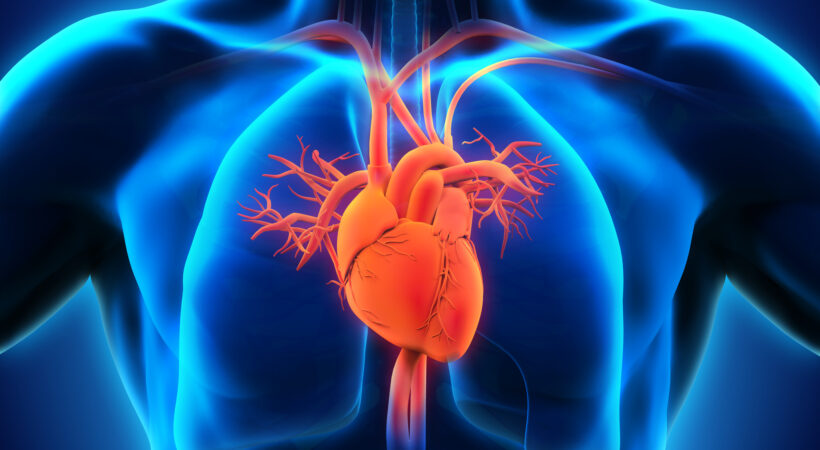Heart Failure Treatments
Heart failure can be a confusing diagnosis. You might think it means that your heart is about to give up.
Heart failure is actually a broad term that means your heart isn’t working as well as it should. It ranges from a mild condition to a more advanced form of the disease.
Early treatment of heart failure is essential and can help you live longer and have a better quality of life.
Can Lifestyle Modifications Reduce Heart Failure?
Your heart is a pump that contracts vigorously to send blood to all parts of your body. In heart failure, your heart isn’t pumping properly. Pumping irregularities can lead to a buildup of fluid in your blood vessels and tissues.
Changes to your diet can reduce the amount of fluid that accumulates. The most important things you can do are reduce the amount of salt you consume and limit your intake of liquids.
You can also improve your overall heart health by:
- Exercising regularly
- Maintaining a healthy weight
- Managing other conditions such as high blood pressure, high cholesterol and diabetes.
What Types of Medications Treat Heart Failure?
Medications can help you feel better and make your heart stronger.
The four main types of heart failure medications that aim to help you feel better and live longer include:
- Angiotensin receptor-neprilysin inhibitors, which help to slow heart rate
- Beta blockers, which help to slow heart rate
- Mineralocorticoid receptor antagonists, which help to reduce fluid retention and protect the heart from damage
- Sodium-glucose cotransporter 2 (SGLT-2) inhibitors, which are a new class of medications that improves heart failure.
Heart failure is often related to other types of heart conditions that limit the heart’s ability to pump blood, including:
- Arrhythmias, which include irregular or abnormally fast or slow heartbeats
- Cardiomyopathy, where the heart becomes enlarged, weakened or stiff
- Congenital heart defects that develop before birth
- Coronary artery disease, which involves a blockage in the arteries that supplies fresh blood to the heart
- Heart valve disease, which occurs when the heart valves become tight or leaky
- Coronary stenting and coronary artery bypass
- Catheter-based heart valve repair and surgical replacement
- Pacemakers and implantable cardioverter defibrillators to protect the heart from abnormal rhythms
What are Advanced Heart Failure Treatments?
Advanced heart failure occurs when symptoms worsen and stop responding to treatment. In these late stages, the heart eventually becomes unable to pump on its own. Treatments include:
- Left ventricular assist device (LVAD): an LVAD is a surgically implanted pump that takes over the pumping action of your left ventricle — the main pumping chamber of your heart. You wear a battery pack that powers the LVAD.
- Heart transplant: In this procedure, the surgeon replaces your heart with one from a deceased donor.
- Cardiac palliative care: In some cases, a person is not eligible for an LVAD or heart transplant or decides to forego these treatments. Loyola doctors provide personalized care to help manage symptoms and avoid hospitalizations.
What are the Symptoms of Heart Failure?
Knowing the signs and symptoms of heart failure is essential. With early detection and treatment, people with heart failure can live well for a long time.
Swelling in the legs, ankles and feet is a common early sign of heart failure. Water can also build up in other areas of the body and cause symptoms.
For example, accumulation of fluid in the lungs can cause coughing and wheezing. It can also cause shortness of breath, making it difficult to lie flat or stay asleep.
In the abdomen, water buildup can cause nausea or a decreased appetite. It’s possible to gain 20 to 50 pounds over a period of months from fluid buildup.
Other symptoms of heart failure include:
- Confusion
- Fatigue and exhaustion
- Heart palpitations (racing, pounding or irregular heartbeats)
- Lightheadedness and dizziness

